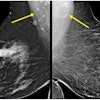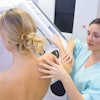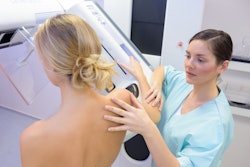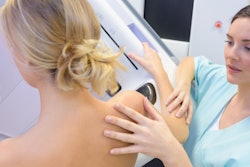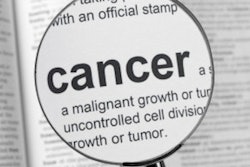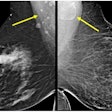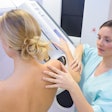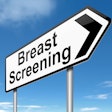Organizations are reacting to the U.S. Preventive Services Task Force (USPSTF)'s new breast cancer screening recommendations, which include biennial screening beginning at the age of 40.
While acknowledging that the new recommendations were an improvement over the task force's 2016 guidelines, the American College of Radiology (ACR) said it does not "go far enough to save more women's lives."
The ACR said it "will continue to urge the USPSTF to recommend all women have a breast cancer risk assessment by age 25 (as called for in ACR’s Breast Cancer Screening guidelines for high-risk women) and that women at average risk for breast cancer receive an annual mammography screening starting at age 40."
Further, ACR also emphasized issues relevant for people who identify as transgender, for either those assigned female at birth or those transitioning from biological male to female, to speak with their doctor about their breast cancer risk. What's more, the ACR and the Society of Breast Imaging (SBI) also recommend that women continue screening past age 74, unless severe comorbidities limit life expectancy.
For its part, the American Cancer Society (ACS) commended the task force for lowering the age to begin mammography screening to age 40 and said this is more consistent with ACS guidelines.
ACS CEO Karen Knudsen, MBA, PhD, said the decision is "a critical change concerning women’s health" and sends "a strong message to referring physicians and women that breast cancer screening should begin earlier than age 50." Knudsen also said the ACS is disappointed that the updated USPSTF screening recommendations do not include women over the age of 74 and said the ACS does not support stopping screening for anyone with a 10-plus year life expectancy irrespective of age.
“We are encouraged that among the reasons for the USPSTF changes in their breast cancer screening recommendations include eliminating health disparities, especially among Black women, who are 40% more likely to die of breast cancer compared with white women and have a higher risk of aggressive breast cancers at all ages," Knudsen said.
Read AuntMinnie.com's coverage of the USPSTF's decisions here.
